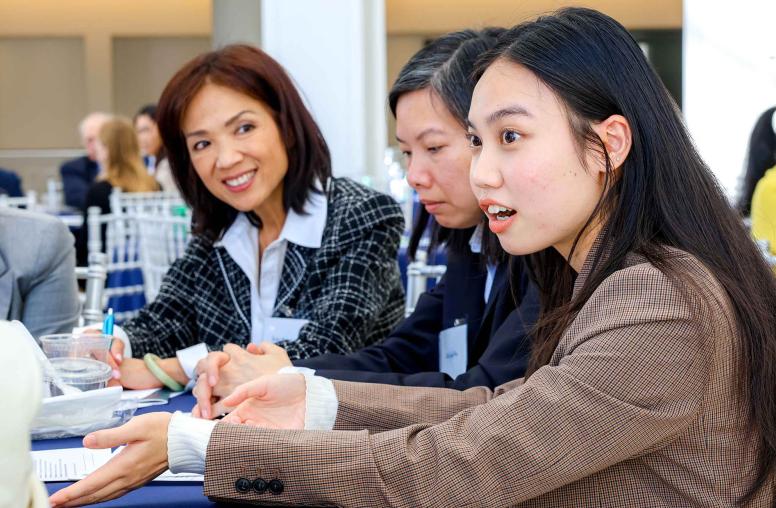The youth, peace and security agenda is relatively new for many parts of Africa, where young people are often absent from institutions and leadership positions that have a major impact on their lives. Several of the African Union’s youth ambassadors explore how the recent U.S.-Africa Leaders Summit offers a chance to build partnerships — especially at the local level — that promote youth-led peacebuilding efforts, as well as how African countries can draw on U.S. experience in addressing some of the major societal challenges facing African youth, such as violent extremism, unemployment and access to services like education and health care.


